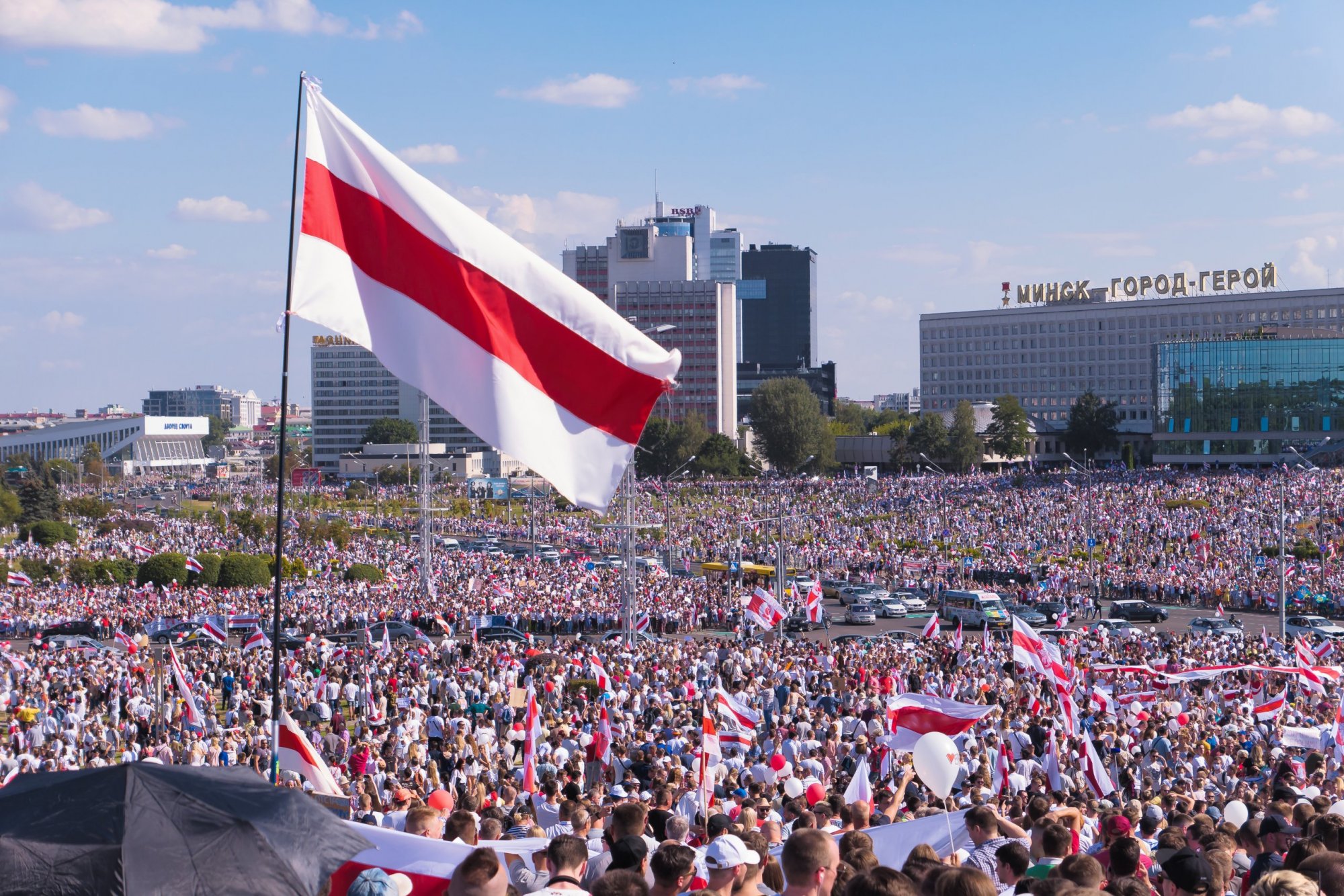shutterstock_1797191995

Exclusive: Austrian professor nominated for OSCE mission to investigate human rights violations in Belarus
SHR Monitor has learned from diplomatic sources in Vienna that an Austrian legal scholar has been nominated to be part of the OSCE’s fact-finding mission to investigate alleged election fraud and human rights violations in Belarus.
Wolfgang Benedek, professor of international law at the University of Graz, was selected from an official list containing human rights and legal experts from across the OSCE region.
The list is maintained by the OSCE’s Warsaw-based Office for Democratic Institutions and Human Rights (ODIHR). It is updated regularly and OSCE participating States have a right to appoint national experts to be included in the list.
Sources say the 17 participating States that launched the so-called Moscow Mechanism last week, which led to Benedek’s nomination, are now waiting for Belarus to choose its own expert from the list in response.
The States involved in triggering the mechanism — which unlike most other OSCE instruments does not require a 57-member consensus — nominate one expert from the list. This person must not be a national of any of the States involved in launching the process. In this case, they include Belgium, Canada, Czech Republic, Denmark, Estonia, Finland, France, Iceland, Latvia, Lithuania, the Netherlands, Norway, Poland, Romania, Slovakia, the United Kingdom and the United States.
Belarus has the right to select a second expert from the same list, after which both appointees can jointly tap a third member. If Minsk refuses to cooperate with the mission and to nominate its expert, Benedek will end up preparing the report on his own; this was the case in 2018 when he investigated human rights violations in Russia’s Chechen Republic as part of the OSCE Moscow Mechanism.
But that’s not the only potential hurdle: If Belarus gives the OSCE mission the cold shoulder, it will most likely refuse to issue entry visas. That would force experts to investigate the situation from outside the country.
Still, to prepare for the mission, the OSCE Office for Democratic Institutions and Human Rights (ODIHR) has already set up an email address that can be used by NGO representatives, journalists or anyone else who has relevant information. It will then be forwarded by the ODIHR to the expert mission.
Once the report is finalized — about six to seven weeks from now — its recommendations will be discussed by the OSCE Permanent Council, which may also (as per the Moscow Mechanism) “consider follow-up action”.
OSCE offer for mediation rejected
In the aftermath of the August 9 presidential election and the mass repression of peaceful protestors, the OSCE repeatedly called on Belarus to accept an offer for mediation by the organization’s Chairmanship.
While that offer received support from the European Union, the United States and several other States, it has so far not been accepted by Minsk. This is likely also one aspect that eventually led the 17 OSCE participating States to trigger the Moscow Mechanism.
The United Kingdom has been a leader in this process. Announcing the development on September 17, British Foreign Secretary Dominic Raab said: “There must be accountability for Belarus’s failure to respect its OSCE obligations.”
Established in 1991, the Moscow Mechanism has been invoked eight times throughout the history of the OSCE, including in response to events in Turkmenistan (2002), Belarus (2011), and Chechnya (2018).



Comments
* Your email address will not be published